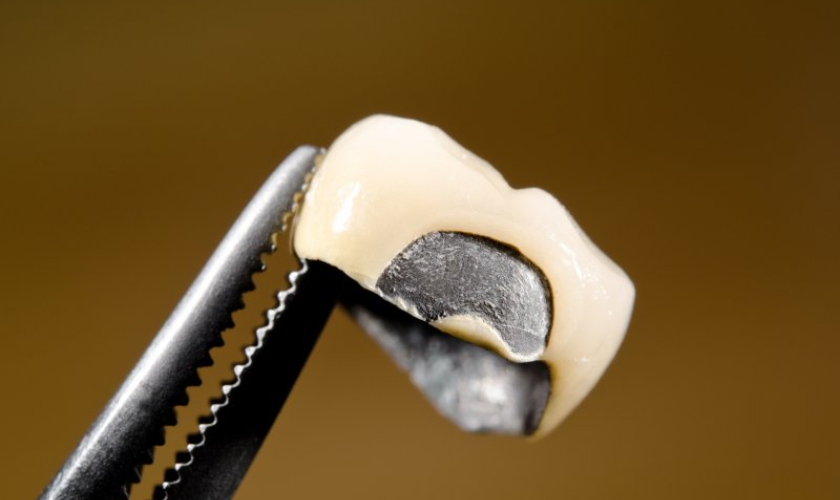4034 US-9 Howell, NJ 07731

Sensitivity of the teeth is no big deal—until that burning shock destroys your morning latte or an ice-cold drink releases instant agony. When the interruptions to your life are a constant occurrence due to sensitive teeth, you’re not the only one. Tooth sensitivity affects over 40 million Americans, states the Academy of General Dentistry. But pain is entirely preventable.
At River Park Dental, Dr. Husney sees many patients in Howell with exactly this issue. It might be caused by temperature, by brushing, or by food, but sensitive teeth have real, recognizable causes, and even better, real solutions.
What Causes Sensitive Teeth?
Sensitivity of the teeth usually starts when your protective enamel layer is eroded and your dentin layer is exposed. That dentin layer has direct access to your nerves. When dentin is exposed, even a cold wind can sting.
Some common culprits are:
- Acidic foods and drinks
- Teeth grinding or clenching
- Gum recession
- Excessive brushing with hard bristles
- Worn-out dental fillings
- Post-procedure sensitivity (like after a whitening or cleaning)
Other times, tooth sensitivity may indicate more serious conditions such as cracks, cavities, or gum disease. Which is why it’s so important to get a trusted dentist in Howell to examine your symptoms—they can’t always be resolved with sensitive toothpaste.
Dr. Husney’s Step-by-Step Relief Plan
Patients love custom-tailored care for sensitive teeth. At River Park Dental, Dr. Husney doesn’t hurry to just treat the symptoms, but to identify the underlying cause. This is how the normal treatment process is:
Step 1 – In-Office Evaluation and Diagnostic Screening
The first step is a thorough oral exam. Dr. Husney checks for enamel erosion, gum recession, worn fillings, or hidden decay. X-rays may be taken to confirm internal damage. Identifying the source ensures your treatment is targeted, not temporary.
Step 2 – Customized Treatment for Your Sensitivity Level
Treatment will vary depending on the severity and cause of your sensitivity. Options may include:
- Fluoride treatment to strengthen enamel
- Bonding agents or sealants to place over exposed/damaged surfaces
- Nightguards for grinding or clenching
- Gum grafts if recession is present
- Fillings or crowns are used if decay or cracking is found
Step 3 – Realistic Home Care Instruction
Sensitivity treatment doesn’t end in the clinic. Dr. Husney also gives patients a realistic home oral care routine:
- Brush with a soft-bristled toothbrush
- Brush gently with sensitive teeth-friendly toothpaste
- Rinse with non-abrasive, alcohol-free antimicrobial mouthwash
- Limit acidic foods and drink water after meals
- Avoid whitening strips
These habits, when used in combination with dental professional care, can effectively treat your symptoms within a short period.
How Long Does It Take to Feel Relief?
Every patient is different. Some notice improvement in a matter of days of treatment; others require several dental visits. That’s why it is so critical to see the best dentist in Howell: you don’t have to wonder, you’re guided.
Long-Term Relief at River Park Dental
If sore teeth are interfering with meals, sleep, or self-esteem, it is time to act. Allow Dr. Husney and the team at River Park Dental to assist you in finding lasting solutions for sensitive teeth that also fit your lifestyle.



